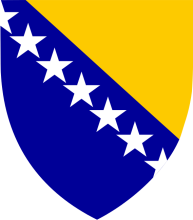Resource information
This Law regulates the subject and authority aimed to grant concessions, concessions policy and the procedure for the award of concessions on the territory of Republic of Srpska, elements of the concession agreement and the termination of the concession agreement, the rights and obligations of the concessionaire and concession holders, the choice and responsibility of the Commission for Concessions and other issues of importance for the concessions.The concession is, in terms of this Law, the right to conduct economic activities using public property, natural resources and other assets of general interest, and the right to engage certain activities of public interest (all subject to payment of concession fees).The aim of this Law is to contribute to the economic development of the Republic of Srpska, by creating and stimulating legal framework for attracting foreign and domestic investments, while improving transparency of the procedure for awarding concessions and increase the efficiency and long-term sustainability of concession projects, and responsible management of all natural resources and public goods.The Law is divide into XII Chapters and 70 articles, including the offences and related penalties.



